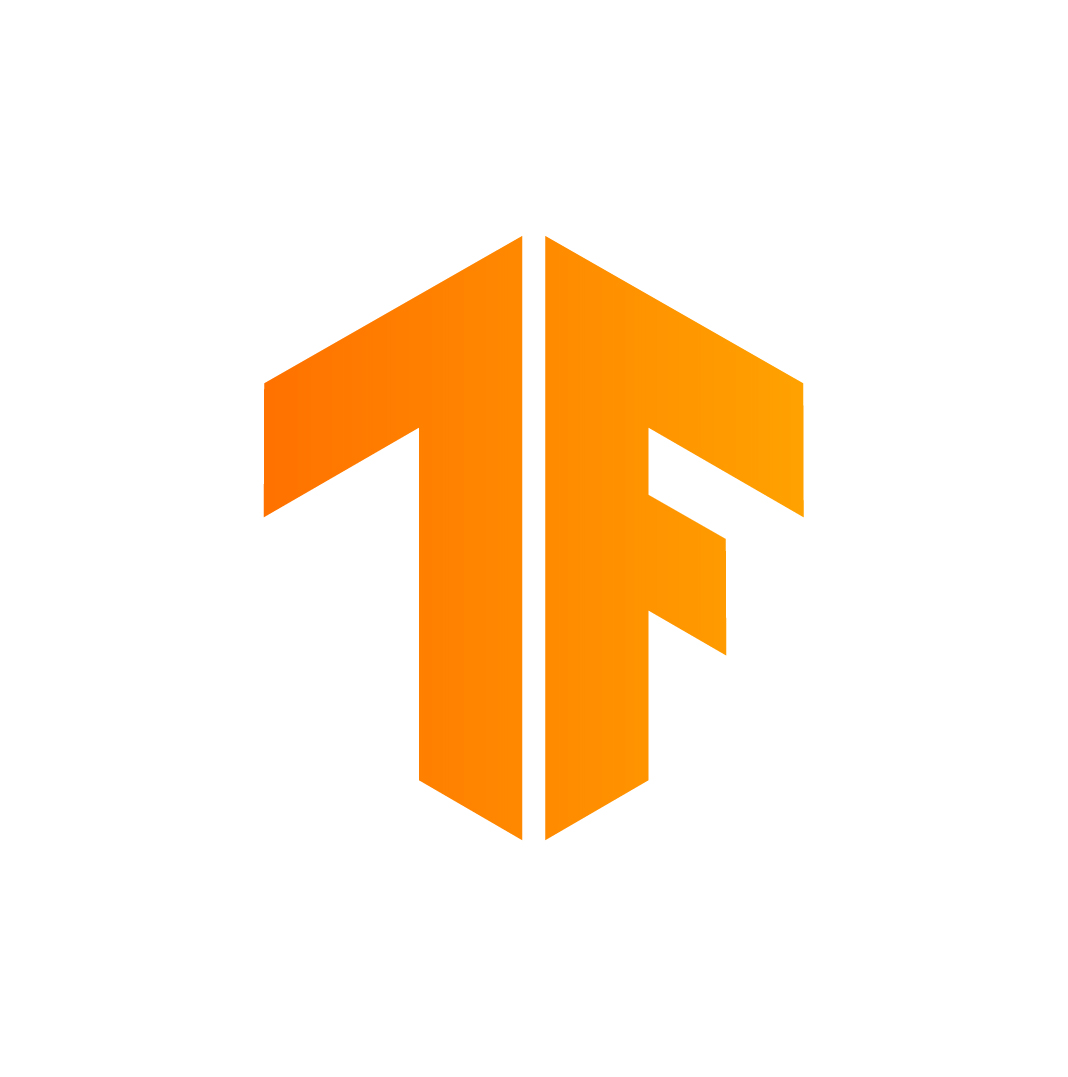TensorFlow is an open source software library for numerical computation using data flow graphs. Nodes in the graph represent mathematical operations, while the graph edges represent the multidimensional data arrays (tensors) that flow between them. This flexible architecture lets you deploy computation to one or more CPUs or GPUs in a desktop, server, or mobile device without rewriting code. TensorFlow was originally developed by researchers and engineers working on the Google Brain team within Google's Machine Intelligence research organization for the purposes of conducting machine learning and deep neural networks research. The system is general enough to be applicable in a wide variety of other domains, as well.
Building TensorFlow in Ubuntu 16.04 LTS
Install NVIDIA CUDA packages from multiverse repository:
$ sudo apt install build-essential nvidia-cuda-toolkit libcupti-dev zlib1g-dev
Install NVIDIA cuDNN 4.0:
$ sudo tar -C /usr/local -xzf /mnt/dl/mirror/cudnn-7.0-linux-x64-v4.0-prod.tgz
$ sudo cp /mnt/dl/etc/ld.so.conf.d/cuda.conf /etc/ld.so.conf.d/
$ sudo ldconfig
Check out the TensorFlow 0.8.0, modified to work on Ubuntu 16.04 LTS and with older NVIDIA GPUs with compute capability 3.0:
$ git clone --recursive git@git.frostbite.com:/hholst/ea-tensorflow.git
Install Google build tool Bazel (and JAVA JDK)
$ sudo apt install openjdk-8-jdk
$ bash /mnt/dl/mirror/bazel-0.2.2-installer-linux-x86_64.sh --user
Create an Anaconda environment containing the build tools needed:
$ conda create -n ea-tensorflow python=3.5 swig numpy
Using Anaconda Cloud api site https://api.anaconda.org
Fetching package metadata: ....
Solving package specifications: .........
Package plan for installation in environment /home/hholst/anaconda3/envs/ea-tensorflow:
The following NEW packages will be INSTALLED:
mkl: 11.3.1-0
numpy: 1.11.0-py35_0
openssl: 1.0.2h-0
pcre: 8.31-0
pip: 8.1.1-py35_1
python: 3.5.1-0
readline: 6.2-2
setuptools: 20.7.0-py35_0
sqlite: 3.9.2-0
swig: 3.0.8-1
tk: 8.5.18-0
wheel: 0.29.0-py35_0
xz: 5.0.5-1
zlib: 1.2.8-0
Proceed ([y]/n)?
Linking packages ...
[ COMPLETE ]|############################################################################| 100%
#
# To activate this environment, use:
# $ source activate ea-tensorflow
#
# To deactivate this environment, use:
# $ source deactivate
#
You also need to activate the new Anaconda environment:
$ source activate ea-tensorflow
Configure TensorFlow
You need to run the ./configure script.
Observe that we override the compute capability
to include support for CUDA compute capability 3.0!
$ ./configure
Please specify the location of python. [Default is /home/hholst/anaconda3/envs/ea-tensorflow/bin/python]:
Do you wish to build TensorFlow with GPU support? [Y/n]
GPU support will be enabled for TensorFlow
Please specify which gcc nvcc should use as the host compiler. [Default is /usr/bin/gcc]:
Please specify the Cuda SDK version you want to use, e.g. 7.0. [Leave empty to use system default]:
Please specify the location where CUDA toolkit is installed. Refer to README.md for more details. [Default is /usr]:
Please specify the Cudnn version you want to use. [Leave empty to use system default]:
Please specify the location where cuDNN library is installed. Refer to README.md for more details. [Default is /usr/local/cuda]:
Please specify a list of comma-separated Cuda compute capabilities you want to build with.
You can find the compute capability of your device at: https://developer.nvidia.com/cuda-gpus.
Please note that each additional compute capability significantly increases your build time and binary size.
[Default is: "3.5,5.2"]: 3.0,3.5,5.2
Setting up Cuda include
Setting up Cuda lib
Setting up Cuda bin
find: File system loop detected; ‘/usr/bin/X11’ is part of the same file system loop as ‘/usr/bin’.
find: File system loop detected; ‘/usr/bin/X11’ is part of the same file system loop as ‘/usr/bin’.
Configuration finished
Build tests and pip package
Build TensorFlow benchmark tests:
$ bazel build --config=cuda -c opt --test_tag_filters=local,-benchmark-test //tensorflow/...
Run benchmark tests:
$ bazel test --config=cuda -c opt --jobs=1 --test_tag_filters=local,-benchmark-test //tensorflow/...
Compile pip package:
$ bazel build --config=cuda -c opt //tensorflow/tools/pip_package:build_pip_package
Build pip package:
$ ./tensorflow/tools/pip_package/build_pip_package.sh /tmp/tensorflow_pkg
Install pip package:
$ pip install /tmp/tensorflow_pkg/tensorflow-0.8.0-py3-none-any.whl
Try your first TensorFlow program
NOTE: Make sure you're not standing inside the ea-tensorflow git repository
when you are starting python. Doing so might cause problems with CUDA runtime library.
$ python
Python 3.5.1 |Continuum Analytics, Inc.| (default, Dec 7 2015, 11:16:01)
[GCC 4.4.7 20120313 (Red Hat 4.4.7-1)] on linux
Type "help", "copyright", "credits" or "license" for more information.
>>> import tensorflow as tf
I tensorflow/stream_executor/dso_loader.cc:105] successfully opened CUDA library libcublas.so locally
I tensorflow/stream_executor/dso_loader.cc:105] successfully opened CUDA library libcudnn.so locally
I tensorflow/stream_executor/dso_loader.cc:105] successfully opened CUDA library libcufft.so locally
I tensorflow/stream_executor/dso_loader.cc:105] successfully opened CUDA library libcuda.so.1 locally
I tensorflow/stream_executor/dso_loader.cc:105] successfully opened CUDA library libcurand.so locally
>>> sess = tf.InteractiveSession()
I tensorflow/core/common_runtime/gpu/gpu_init.cc:102] Found device 0 with properties:
name: GeForce GTX 980
major: 5 minor: 2 memoryClockRate (GHz) 1.2155
pciBusID 0000:03:00.0
Total memory: 4.00GiB
Free memory: 3.24GiB
I tensorflow/core/common_runtime/gpu/gpu_init.cc:126] DMA: 0
I tensorflow/core/common_runtime/gpu/gpu_init.cc:136] 0: Y
I tensorflow/core/common_runtime/gpu/gpu_device.cc:755] Creating TensorFlow device (/gpu:0) -> (device: 0, name: GeForce GTX 980, pci bus id: 0000:03:00.0)
>>> a = tf.constant(10)
>>> b = tf.constant(32)
>>> sess.run(a+b)
42
>>> For more information
- TensorFlow website
- TensorFlow whitepaper
- [TensorFlow MOOC on Udacity] (https://www.udacity.com/course/deep-learning--ud730)
The TensorFlow community has created amazing things with TensorFlow, please see the resources section of tensorflow.org for an incomplete list.
